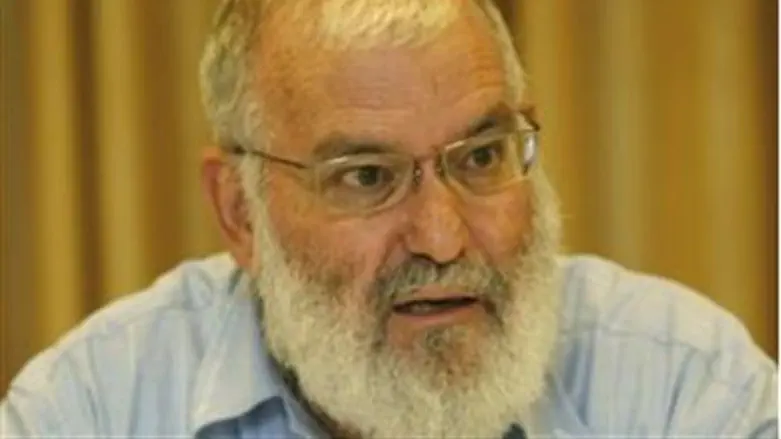
Israel’s former national security advisor, Yaakov Amidror, said on Sunday that Israel could stop Iran’s nuclear program “for a very long time” if it wanted to.
Speaking to the Financial Times, Amidror said that there was “no question” that Prime Minister Binyamin Netanyahu would be prepared to make the decision to strike Iran’s nuclear facilities unilaterally if necessary.
“We don’t need permission from anyone – we are an independent state,” said Amidror, who served as Israel’s national security advisor for two-and-a-half years before stepping down earlier this month.
“We have our own sovereignty. If Israel is in a position in which Israel must defend itself, Israel will do it,” he emphasized.
Amidror also told the Financial Times that Israel’s air force had been conducting “very long-range flights . . . all around the world” as part of its preparations for a possible military confrontation with Iran.
The warning comes at a time of unprecedented public sniping between the U.S. and Israel, which is not involved in the talks between Iran and world powers, but is a strident voice on the sidelines.
Talks in Geneva between Iran and six world powers ended with no agreement the last time around, but will resume on November 20.
Russia’s Foreign Minister Sergei Lavrov said on Saturday that there is a “very good chance” of reaching a long-sought deal on Iran’s nuclear program, echoing similar remarks made a day earlier by an American official.
Israel has repeatedly warned that the deal being offered to Iran is a dangerous one and would allow it to continue its nuclear program, leading to a public fight with American officials over the issue.
On Sunday, Prime Minister Binyamin Netanyahu once again decried what he called an "exceedingly bad" nuclear deal with Tehran, telling CNN western powers risked "crumbling the sanctions regime," that has prevented Iranian nuclear weapons.
"I think the opposite should be done," he said. "I think you should increase the pressure, because it's finally working.”
Netanyahu added, "If you give it up now, when you have that pressure, and Iran doesn't even take apart, dismantle one centrifuge, what leverage will you have when you've eased the pressure? It just doesn't make sense."
Netanyahu later on Sunday told visiting French President Francois Hollande that he was "gravely concerned" that the P5+1 world powers would sign a deal with Iran, partially curbing its nuclear program in exchange for a thawing of sanctions on Tehran.
"I'm concerned, gravely concerned, that this deal will go through and in one stroke of the pen, it will reduce the sanctions on Iran – sanctions that took years to put in place – and in return for this, Iran gives practically nothing," he said.
“It's clear that this agreement is good only for Iran and that it's really bad for the rest of the world. Iran's dream deal is the world's nightmare," added Netanyahu.

